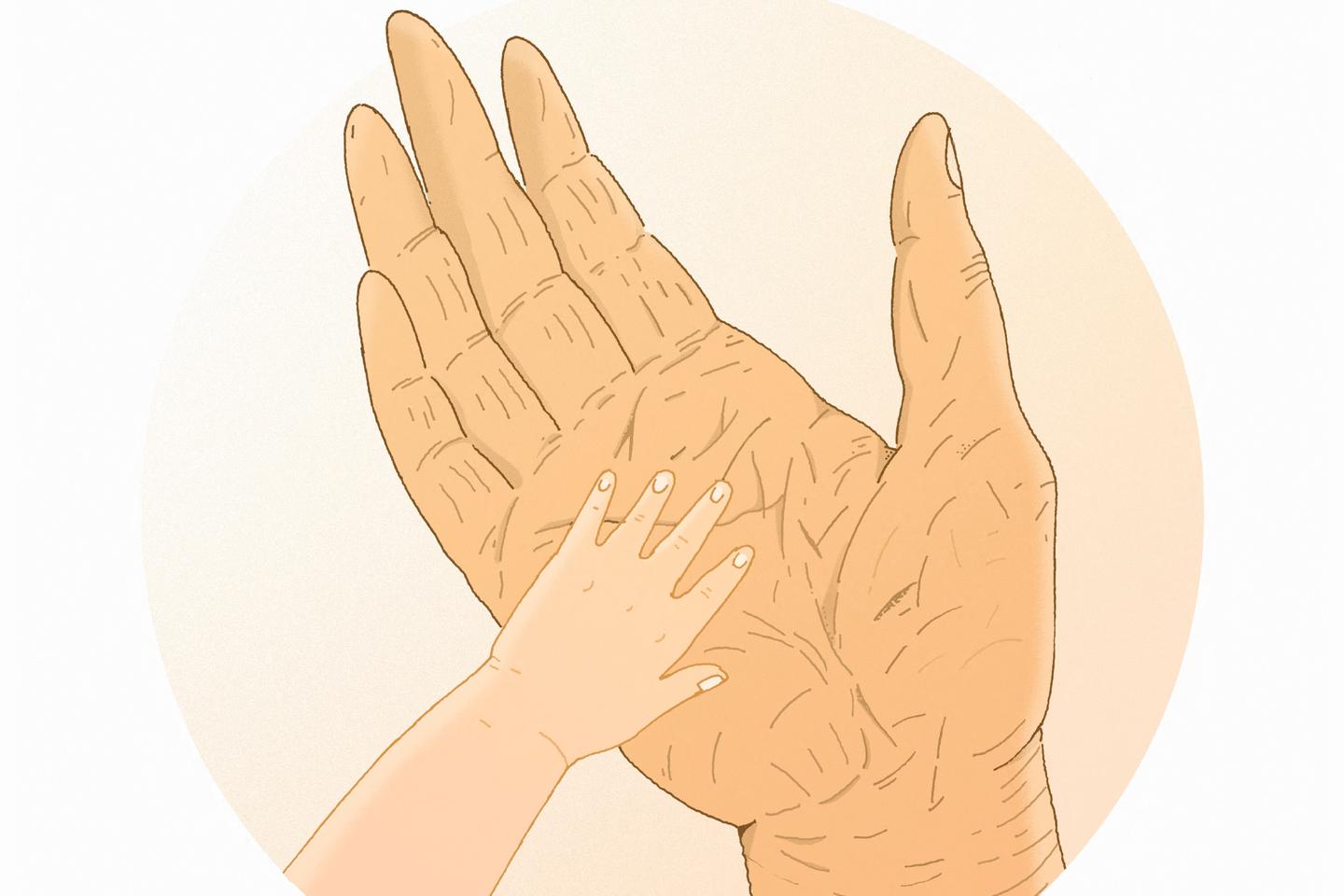


I received the following letter from a grandfather some time ago: "I would like to discuss a delicate subject with you, which is that of simultaneously managing grandchildren raised according to divergent educational models. We have parents 'in stock' who are focused on food and parents focused on sleep, permissive ones and strict ones, protective centripetal parents and exploratory centrifugal ones. Moreover, those focused on sleep don't care about food, and those focused on food don't care about sleep.
When you have different models at the same time, the situation becomes critical – food versus sleep. Creating two (or three) dormitories with staggered schedules and two (or three) meal services with two (or three) menus, is totally impossible. So we cheat (or even lie): no more timed naps and bedtimes before sunset, no more five fruits and vegetables a day. The eaters become sleepers and the sleepers become eaters. And the best part is, each child returns to their biological rhythm once back home.
All this is to say, dear parents, that you can reassure yourselves by leaving a long list of recommendations with your ancestors, but don't expect to know if they were followed."
The message made me laugh, probably because the man who wrote it is neither my father nor my father-in-law. It also made me think. Through some of my friends, I have heard about these frictions, which come up when they hand over the reins to the grandparents: "They give them any old thing to eat," "they put them in front of the TV," "they buy them horrible trinkets," etc.
By way of reply, I used to, somewhat foolishly, repeat a proverb I am fond of: "When in Rome, do as the Romans do." In other words, in my mind, adapt to the environment, and accept that things happen differently for our precious little ones when they are out of sight.
'We do our best'
I set out to see how others have experienced these moments, particularly from the grandparents' perspective. Some data first, so you have an idea of the scope of this informal childcare mode: In France, there are 15 million grandparents, according to a 2013 study (the latest available) by INSEE, the national statistics agency. On average, women become grandmothers around the age of 54, and men become grandfathers at 56 – i.e. well before they retire. Two-thirds of children under 6 are occasionally entrusted to their grandparents, according to a 2018 Health Ministry study. Half of all surveyed grandparents dedicate eight hours a week and at least 21 vacation days a year to their grandchildren, according to an IFOP survey conducted in 2021.
You have 63.73% of this article left to read. The rest is for subscribers only.
